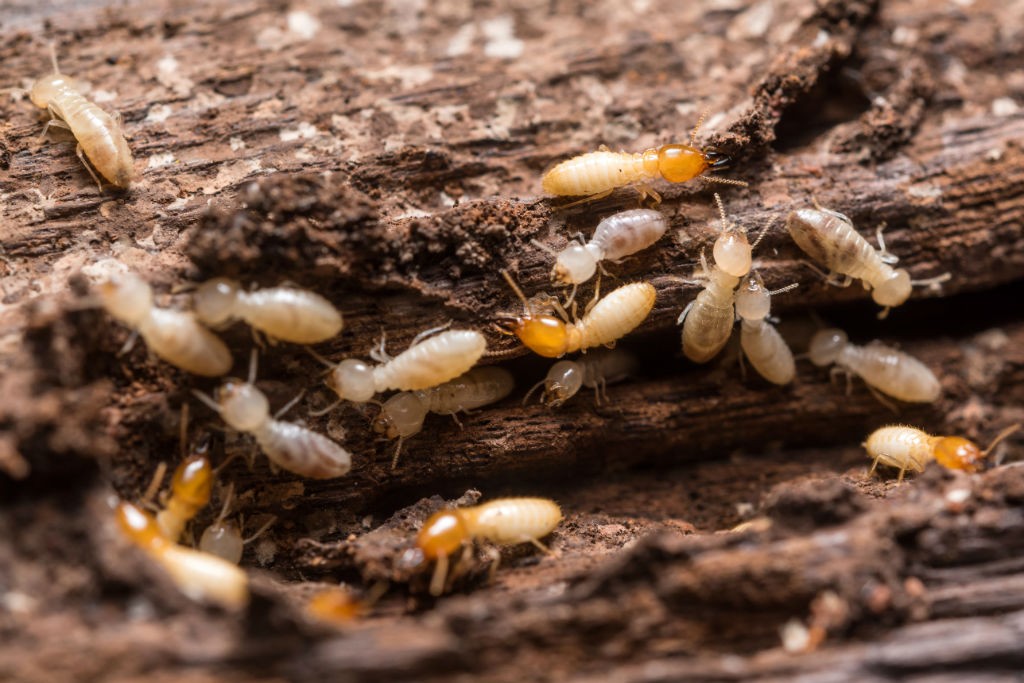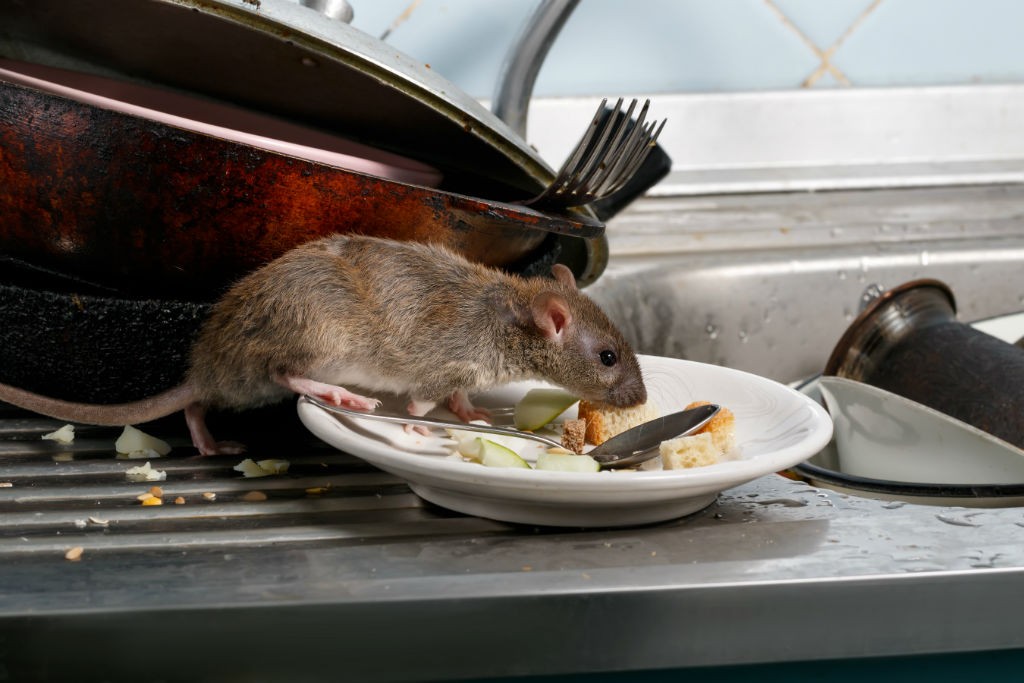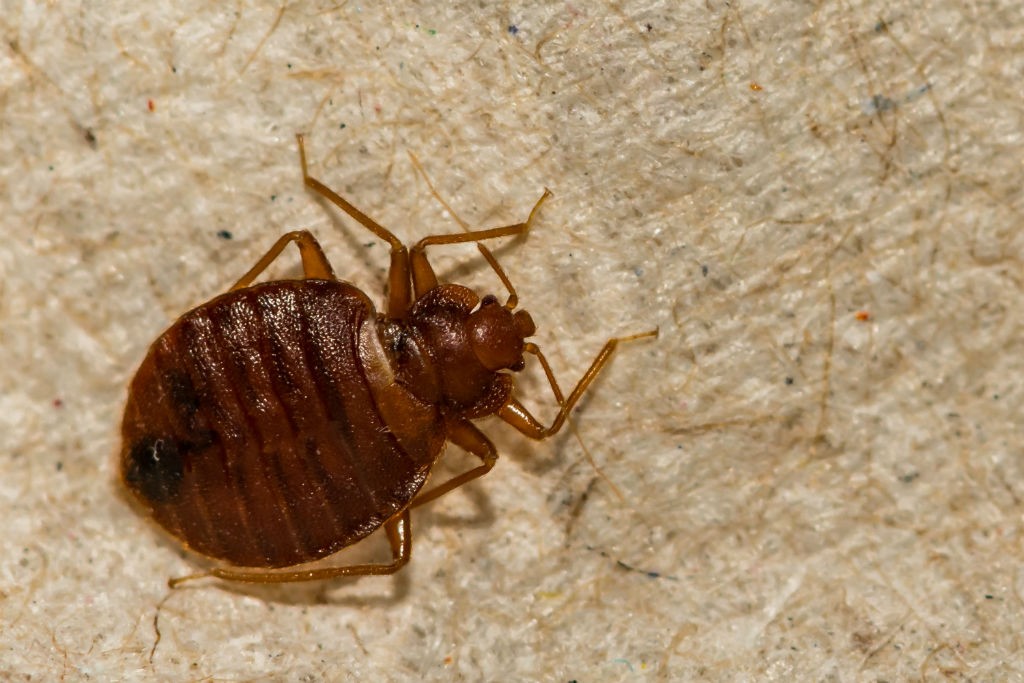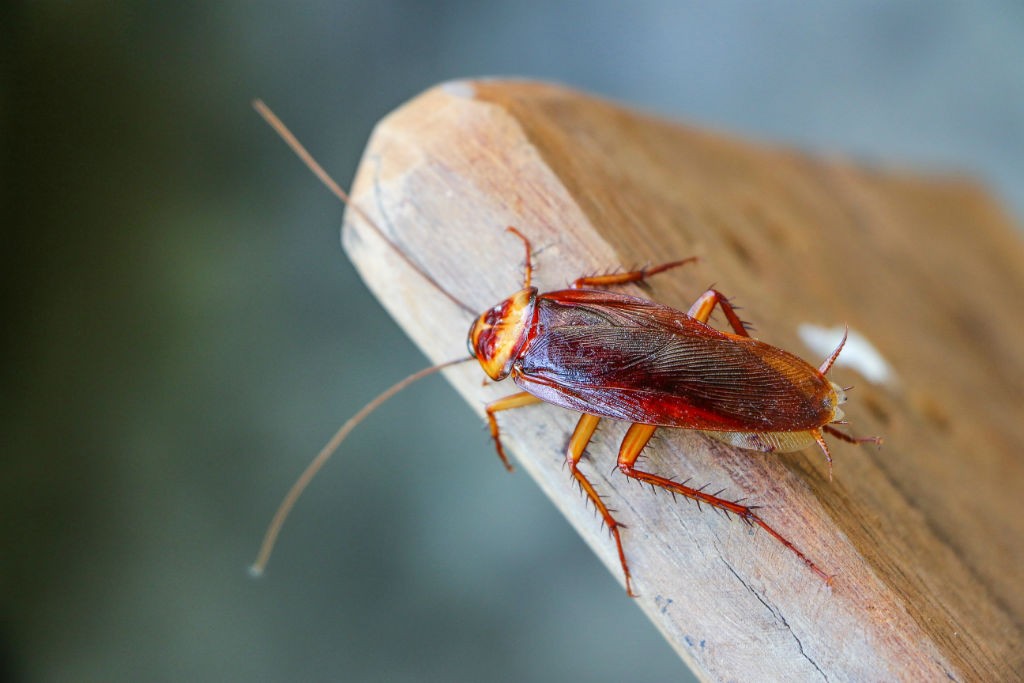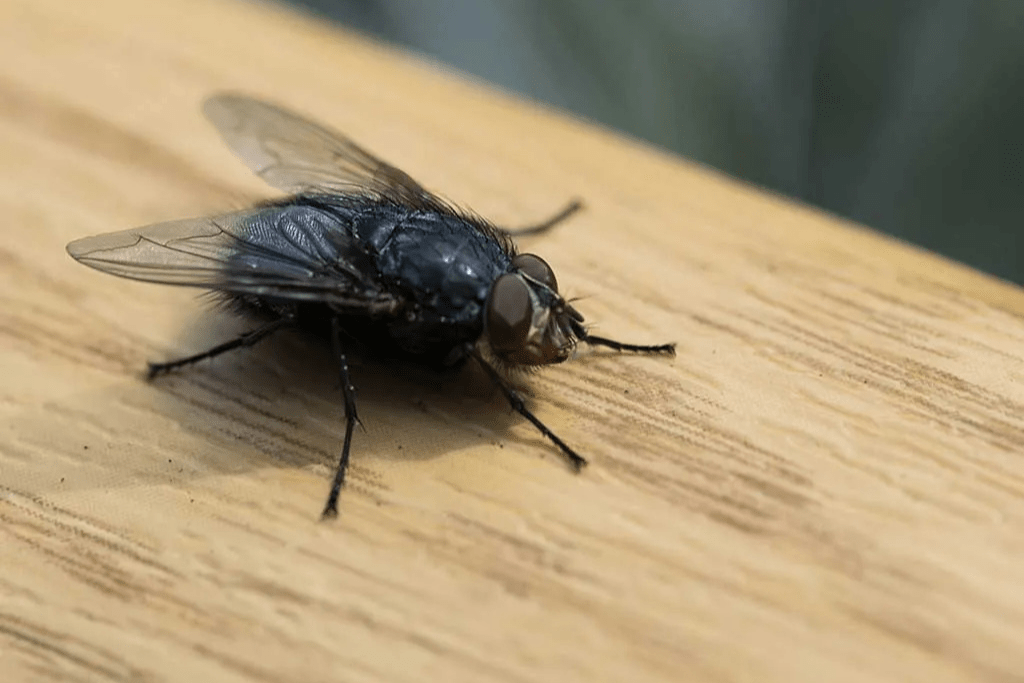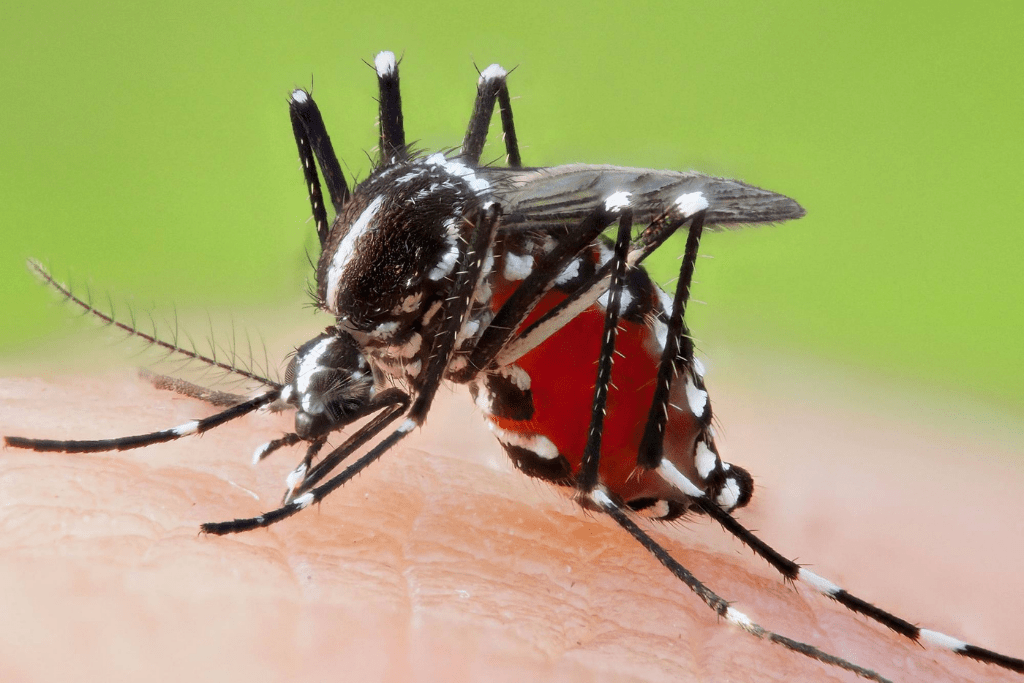Rodent Control Services
Free Quotes!Rodent Control Services
Free Quotes!Rodents are one of the most common pests we experience in our lives. Rats and mice can live next in your home, including the drywall, and wreak havoc. Insulation can be damaged, wires can be chewed, and damage can be done to pipes, joists, and beams. Because of the things that rats target, they are often responsible for issues related to electrical wiring.
These issues can include short-circuiting and, in severe cases, house fires.
As rodents are extremely common and can thrive in most environments, it is important to always be on the lookout for unwanted guests. Unfortunately, these creatures may not only do damage to your home’s physical structure, but they are renowned for carrying diseases.
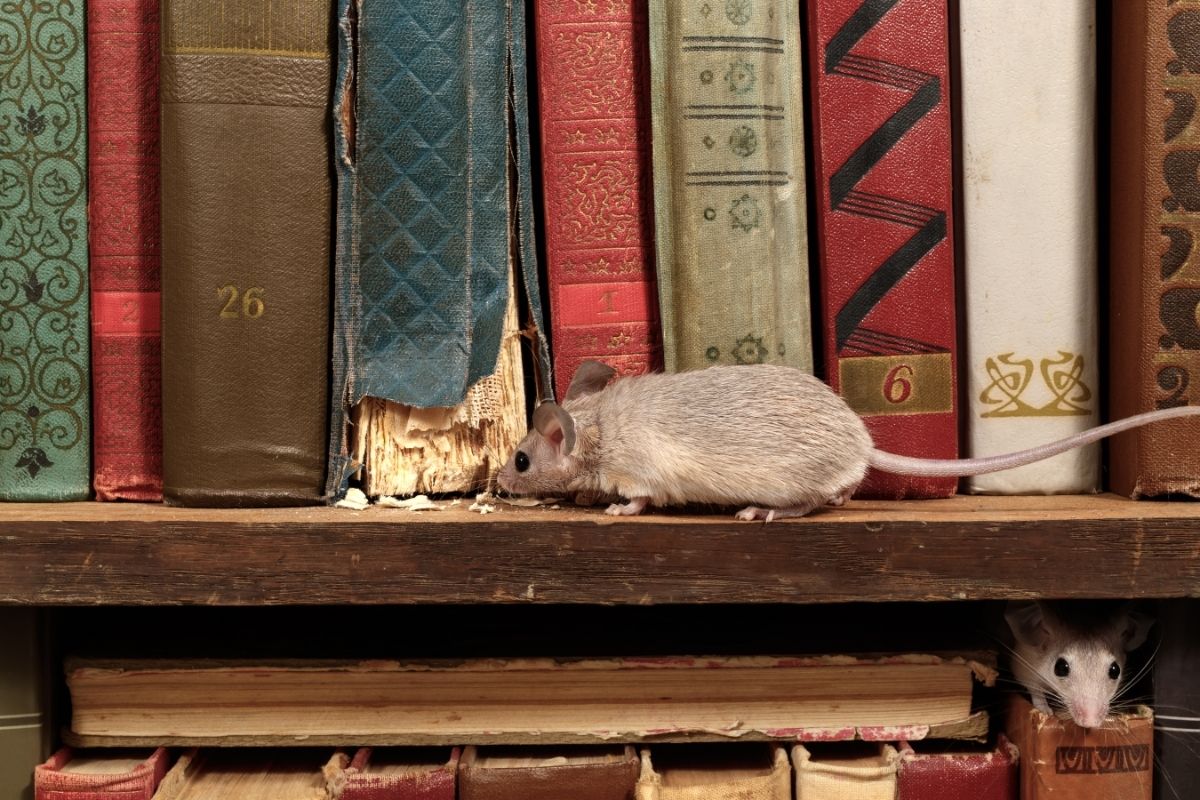
The parasites that live on rats and mice have been linked to diseases such as bubonic plague, rat-bite fever, listeria, salmonellosis, and hantavirus.
Although mouse bites may not be especially painful, the bite from a rat can do a lot of damage. No matter which creature bites you, both species can carry the diseases mentioned above, which can be extremely dangerous.
Because of the dangers associated with these creatures and the risks they could pose to individuals, especially children, ensuring that your house is rodent-free is extremely significant. Below, we will go through what rodents are, what rodents you can come into contact, and how to avoid them coming to your premise.
What Are Rodents?
There are a number of rodents in the world. The rodents most commonly associated with problems in homes are rats and mice. However, it is not uncommon to also experience issues with squirrels, and gophers. Many people refer to moles are rodents, too, but they are actually insectivores, though they can also be problematic creatures in some areas.
Rodents are characterized by their teeth. Their upper and lower incisors constantly grow throughout their lives and do not stop. The only way for the animals to keep their teeth short is by grinding them against each other. If they did not do this, their incisors would grow into their brains and harm or kill them.
Types Of Rodent Pests
Below is a list of the common rodents you may experience. It is important to note that not all rodents are pests, and they do play an important part in our ecosystems. Rodents are only pests when they are known to contaminate food, carry diseases, and have destructive behaviors that can negatively impact our lives.
- Rats – while there are many species of rat, they are known to carry diseases and have destructive behaviors. These animals can be black or brown, have long tails, and can reach lengths of 20 inches depending on their breed and location.
- Mice – mice resemble rats but are smaller. They can also vary in color, have long tails and have large ears.
- Squirrels – squirrels have long bodies with long, bushy tails. They live in trees and are very agile. Their color can vary depending on breed, including black, red, and gray.
- Voles – these rodents resemble mice, but have short tails, ears that are partially hidden, and heavy, round bodies.
- Guinea pigs – guinea pigs have short limbs, a large head, and a robust, heavy body. Their colors can vary as they are frequently bred as pets.
- Hamsters – hamsters have short tails, stocky legs, stout bodies, and thick fur. Depending on their species, they can have a number of different coat colors and patterns, including yellow, white, gray, red, or mixed colors.
- Gophers – these rodents are gray-brown in color, have no obvious neck, and stiff whiskers. They have a thick, almost hairless tail, short limbs, small eyes and ears, and strong claws
- Marmots – marmots have short, stocky legs, thick, coarse fur, and small, furry ears. They can vary in color, including white, black, brown, or a reddish brown.
- Pika – pikas have large, round ears, no visible tail, stout bodies, and small eyes. They can be a mix of colors, including gray and brown.
Here, we will primarily be focusing on rats and mice, as they are the most common pests. While other rodents can cause problems, they are usually to a lesser extent and are generally considered not to be as troublesome as mice and rats.
How to Identify Different RodentsYou can identify rodents based on their basic appearances, as mentioned above, or by the damage they leave behind. Frequently, rodents will leave feces or other telltale signs in the area where they have invaded, which is a good way to decipher what they are. Below is a list of destructive behaviors left behind by some rodents.
- Droppings left behind – finding little dropping around your house? Rodents could be making themselves at home and leaving their feces around the house
- Chewed or gnawed wires – rats, mice, and squirrels will chew and gnaw at many things, including wires. This could be dangerous if left unchecked as it has been known to start house fires
- Scratching in walls – scratching in your walls could mean mice, rats, or squirrels.
- Urine pillars – these are small mounds of urine, grease, hair, and dirt. Mice will create these over time, and are indicative of the rodents being around for some time
- Neighborhood squirrel fights – if there are constantly squirrels fighting outside or in the neighborhood, you or someone in the area might be housing a family or squirrels
- Grease rubs – some rodents leave grease rubs on their rodent runways. This grease if from the oils and dirt in their fur and means that they may frequent the area
- Wood chips in the house – squirrels typically leave wood chips around the house, so if you notice this, you may need to investigate further
- Unpleasant odors – this can include feces, or even rotting animals or plant matter. It is possible that a squirrel made a nest in your attic and some babies died.
- Allergies – if you don’t have pets and have allergies to some animals, your allergies flaring up may be an indicator that there is an unwanted house guest
- Tracks – if you find tracks inside your house that don’t belong to you, a human, or any of your pets, there is a good chance that there is something else living in the house with you
- Damage to roots – gophers will frequently damage the roots of plants, which will have a negative impact on the plant. Keep an eye out on any plants you have and your garden and see what happens
- Furnishings and food being damaged or eaten – if you see holes in packaging and furniture, you can assume that you have a rat or mouse problem since they love to k=gnaw on everything
- Your pets are acting strange – if you have other pets like cats or dogs, they are probably going to take notice of the critters around the house and want to investigate
- Fan or horseshoe shaped mounds in the yard – gophers will make these marks as they are underground
- Finding the rodents – if you find any of the rodents in your house, you are probably dealing with an infestation
- Water damage in the ceiling or walls – if a squirrel has made a home in your attic, you may not be seeing water damage, but squirrel waste seeping through the surfaces.
Get Free Pest Control Quotes
Simply share a few details and the best pest controller near you will be in touch.
What Attracts Rodents?
Food and shelter are the two things that will attract rodents to your house. We will explore what you can do to prevent rodents from making their home in your house further down.
Controlling Rodents
Thankfully, there are a number of ways to control rodents relatively easily. If you have a feeling that you are housing rodents and would like to get rid of them, you can try several methods to eradicate them.
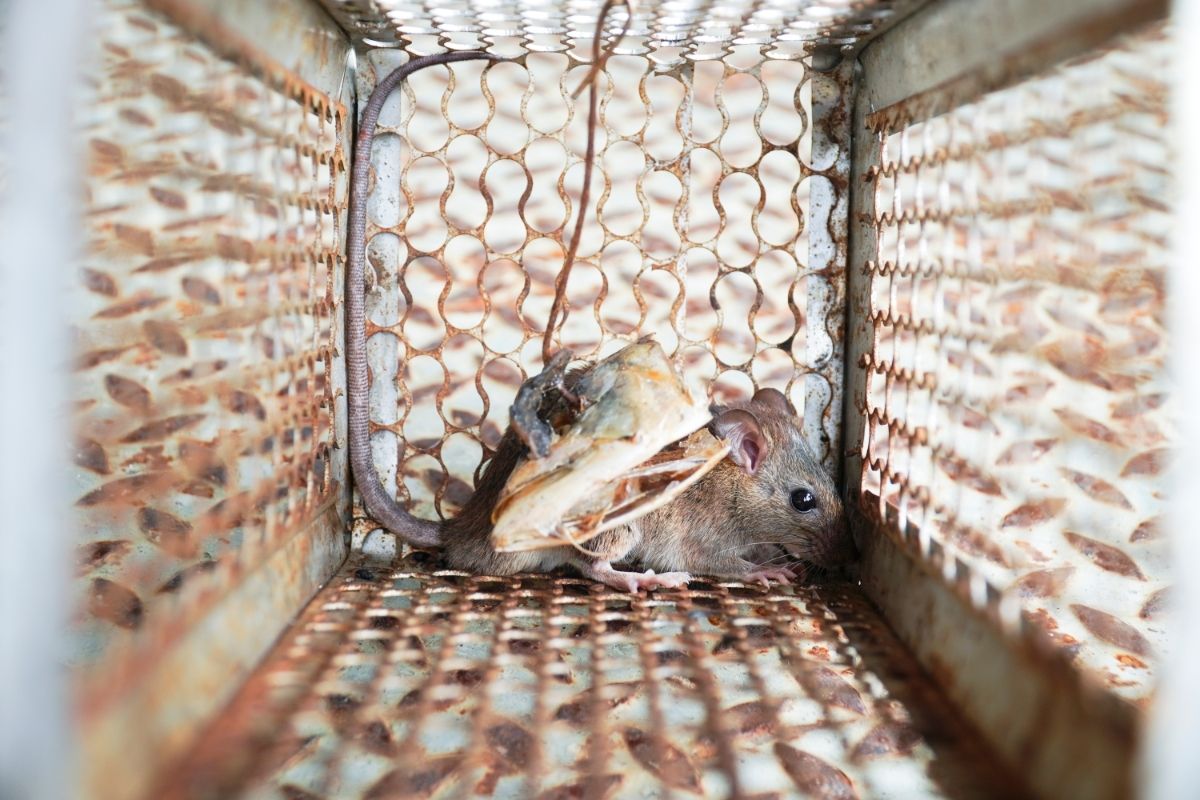
Traps To Catch Rodents
An easy and well known method for getting rid of rodents are traps. There are various types of traps you could potentially use, but they are not all good options. When using traps, you need to make sure that you check them frequently. This method is beneficial as it is immediate and does not pose a risk to things around them, such as other animals, pets, and children.
Below is a list of potential traps you could use to get rid of your rodent infestation.
- Snap trap – this trap is the most common. It works by using a spring-loaded bar that will kill its victim as it makes contact with it. Because of the dangerous mechanism, many modern traps are enclosed in a plastic box to prevent it from harming larger animals and children.
- Electronic trap – this trap is battery-powered and kills rodents by electrocuting them. Different models of this trap are available for both mice and rats.
- Live-animal trap – this trap will trap animals so that they can be released. Please note that this type of trap is not available to be used everywhere, as the CDC prohibits the release of rodents because of diseases they could continue to spread in the wild. There are larger versions of this trap that allows you to catch more than one rodent at a time.
- Glue trap – this trap captures the animal as it gets stuck to the glue. This trap is not recommended as it can not only capture many other animals, including birds, but it also causes unnecessary suffering. When the rodent is stuck to the trap, it is also likely to urinate due to fear, which increases the likelihood of diseases spreading.
Natural Predators
Promoting the number of natural predators in the area is an excellent way of controlling the rodent population, Animals such as hawks, snakes, and owls are known to hunt rodents and are efficient in controlling the populations. You can help barn owls nest in the area by installing nest boxes. If you can get the owls to nest and stay there, they will take care of a large part of your rodent problem for you.
This method works very well when combined with traps, and you are likely to see a different in the number of rodents very quickly. Because of the potentially dangerous nature of snakes, it is not recommended to try to make nests or help the serpents. If you do not live in a city, snakes are a great option as long as you are aware that they are there.
Rodenticides And It’s Dangers
Rodenticides should always be your last option. These poisons can kill any animal that ingests them, which can result in a number of different types of animals dying. Furthermore, these poisons mean that there is a risk of the animal dying in a location where you cannot retrieve and dispose of it.
Below is a list of potential dangers to using rodenticides:
- Dying in hard-to-reach locations – any rodents that eat the poison may go back to their burrows or homes to die. They will then be difficult or even impossible to reach and dispose of. This means that the smell of decaying flesh will be around for a long time as the animal rots.
- Danger to children – small children may mistake the poison for food or candy and ingest it. That can be incredibly dangerous, so rat bait should always be hidden and out of sight in a place where children cannot get to it.
- Danger to other animals – if other animals, like pets, were to eat the poison, there is the risk of them dying. If they do not die, they are likely to become severely ill.
- Deceased rodent may be eaten – if a poisoned rodent is eaten by another animal, that animal will also get poisoned. This can include pets, predatory birds, and other predators such as coyotes and foxes. This can become a cycle of animals poisoning other species as they continue to die off and be eaten.
Preventing Rodents From Infesting Your Home
There are some easy ways to prevent your home from becoming infested with rodents. These methods are split into two groups: things you can do outside, and inside. If you follow these guidelines, you are unlikely to experience any rodent problems on your property.
Preventative Measures For Inside The House
Below is a list of actions you can take inside your home to prevent rodents from infesting your house:
- Keep small spaces dry and clear of any moisture – rodents will make use of any moisture and will gather to drink
- Repair leaking pipes – rodents will come to the leaking pipes to get water
- Do not leave water or pet food out overnight – rodents will enter your home to eat and drink your pet’s food
- Rinse all recycling before discarding – rodents will be attracted to the smells and residual food left out
- Ensure all stove tops are clean – rodents will come to the location to find any scraps
- Transfer food items into sealed containers – rodents will frequently chew through cardboard and plastic to get to foodstuff. Move the food into a sealable container that they cannot get to
- Clean trash and recycling bins often – the smell and old food are likely to attract rodents to your home
- Get rid of potential nesting materials – rodents will use paper and fabrics to make their nests
- Seal all entry points into your house – ensure all entry points to your house are sealed with fine mental mesh or other materials to keep them out
- Get recycling and garbage bins that can be sealed shut – get lids that can be shut so that rodents cannot enter or smell the garbage inside
Preventative Measure For Outside
Below is a list of actions you can take outside to reduce the risk of your home getting infested by rodents:
- Clean all outdoor cooking areas – rodents will be attracted to the smell and food scraps and will frequent the area
- Ensure compost piles are not near the house – compost piles offer rodents food and shelter
- Avoid planting ivy – rodents will use ivy as a ladder and get into your home
- Keep at least 2-feet between plants and the house and fences – rodents will use vegetation to get from one place to another
- Make use of city-issue plastic garbage bins – these bins have lids that make it difficult for rodents to get inside
- Ensure firewood is not on the ground – rodents will try to seek shelter in the firewood and make their home there
- Avoid the use of bird feeder – rodents will be attracted to the food from the feeder
Conclusion
Rodents can cause a number of problems, from diseases to damage. If you are worried about rodents in your house or surrounding neighborhood and can’t get rid of them, call in the pest control professionals. Rodents such as rats are especially dangerous to the population as they can not only spread disease, but they are known to cause injury to unsuspecting victims.
If you are aware of dangerous rodents in four vicinity, get the help you need to protect those around you.
Local Pest Control Service Area
Our network of recommended pest exterminators service 11 states of America and growing. Get rid of pests in your home or business fast, start with a free quote today!
New Hampshire
New York
Pennsylvania
Connecticut
Rhode Island
New Jersey
Virginia
Massachusetts
Washington
Quality Pest Control Services
Work with top-notch pest controllers for professional workmanship and friendly service.
Termite Control
Termites are highly destructive pests you want nowhere near your home! Avoid damage and get peace of mind with termite inspection, treatment and prevention services.
Rodent Control
Don't put up with rats and mice spreading filth and disease. Local rodent control experts know how to eliminate rodents from your home and business in no time so you can get back to the things that matter.
Bed Bug Treatments
Do you have a bed bug infestation? Contact a professional for bed bug control treatments to get rid of bed bugs with confidence they won't return.
Cockroach Control
Protect your home from cockroaches with safe and effective roach control treatments. For the right solutions reach out for a pest controller near you and get rid of cockroach problems.
Ant Extermination
Fire ants, black ants, sugar ants - they all have one thing in common. They're no match for an experienced ant exterminator that can kid rid of ants and their nests. Whether you have ants in your home, restaurant, or office building, you can count on local expertise.
Mosquito Control
Are annoying mosquitoes spoiling your backyard or outdoor area? Effective mosquito treatments to reduce and control their numbers are best done by the experts - the best pest controllers near you! Get a quote and enjoy your outdoor lifestyle once more!

